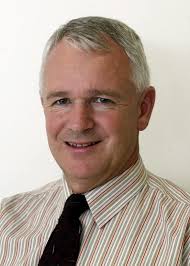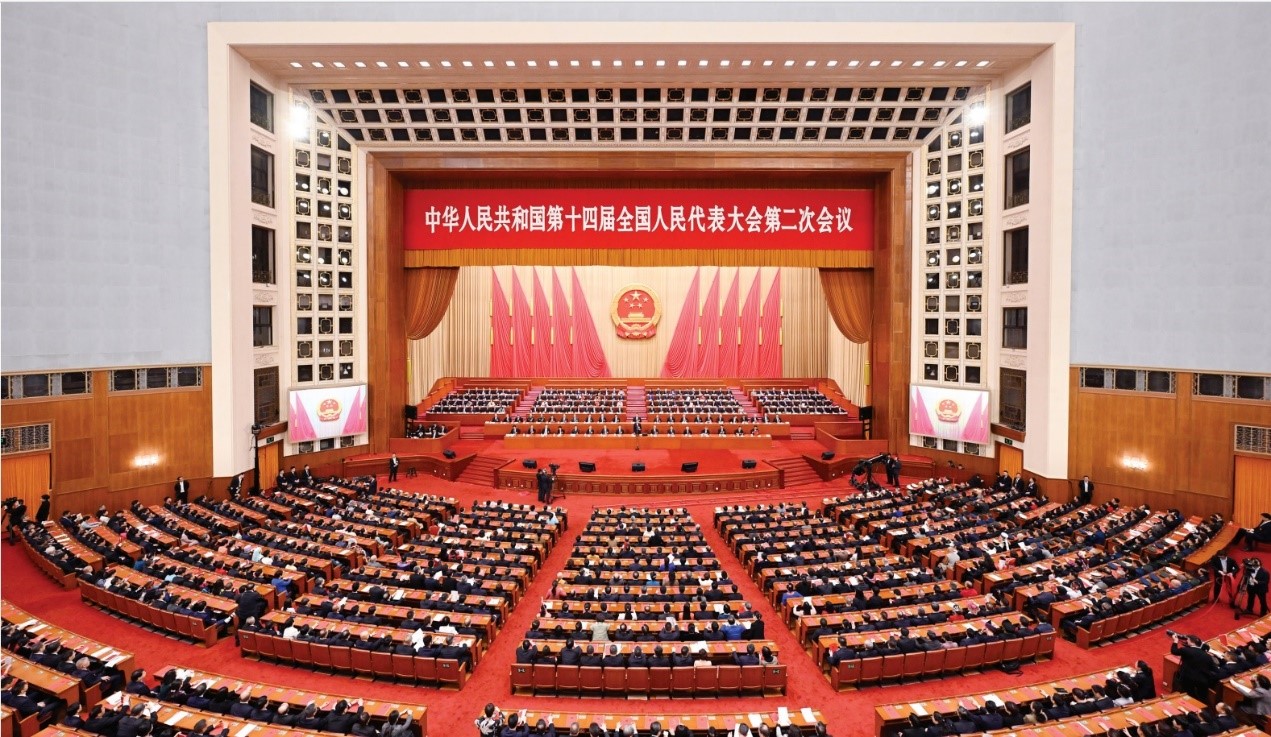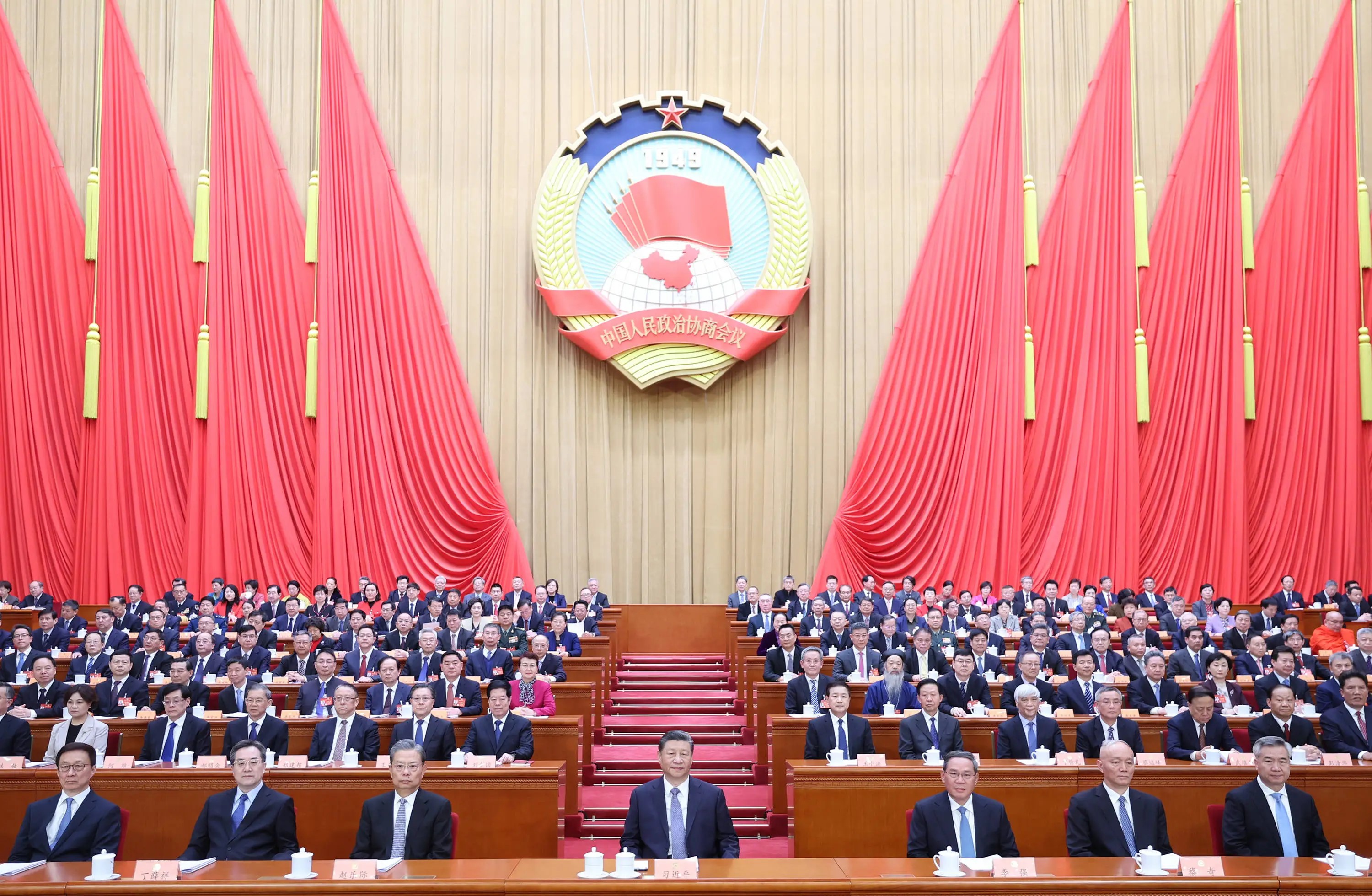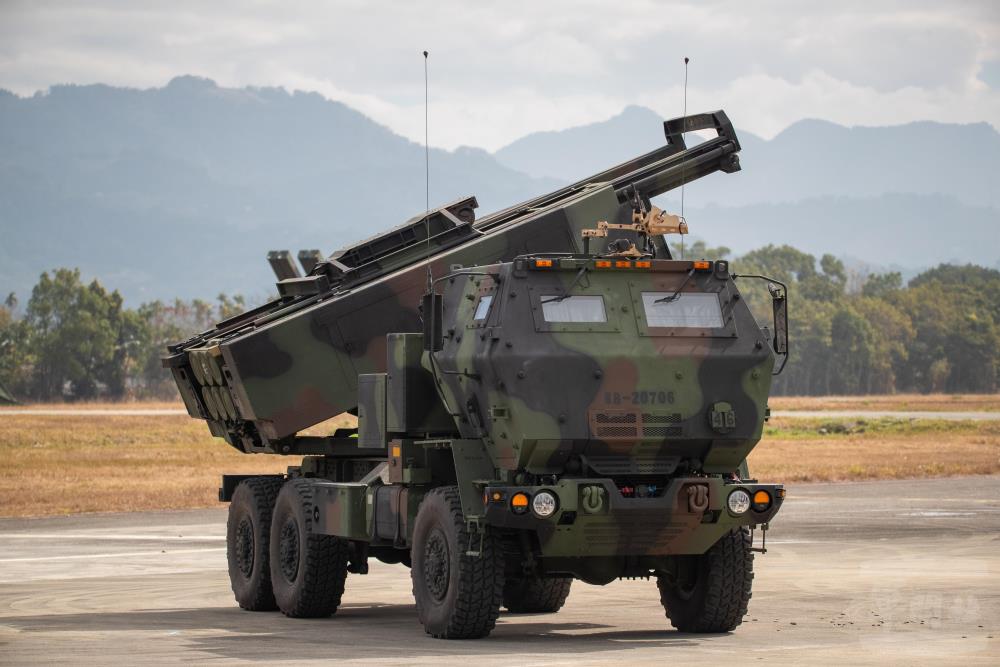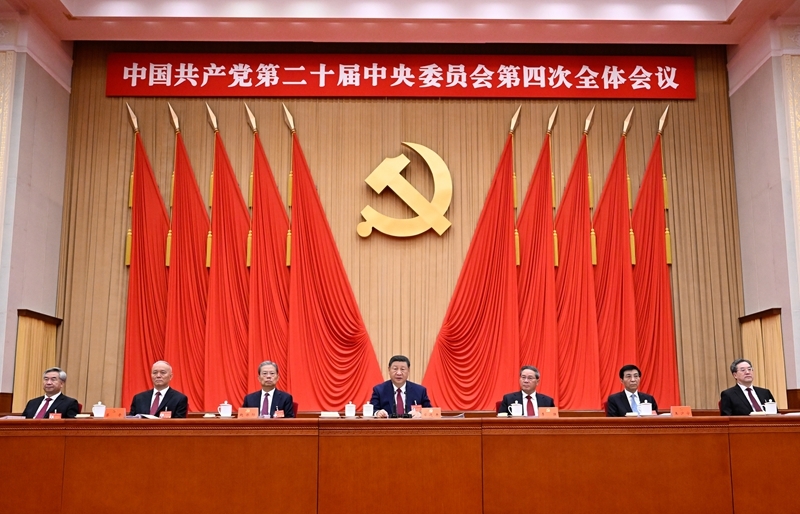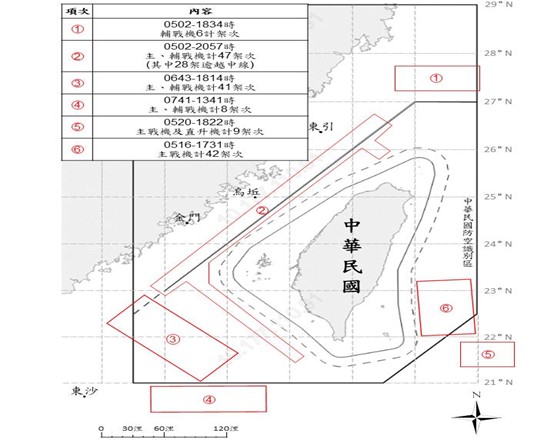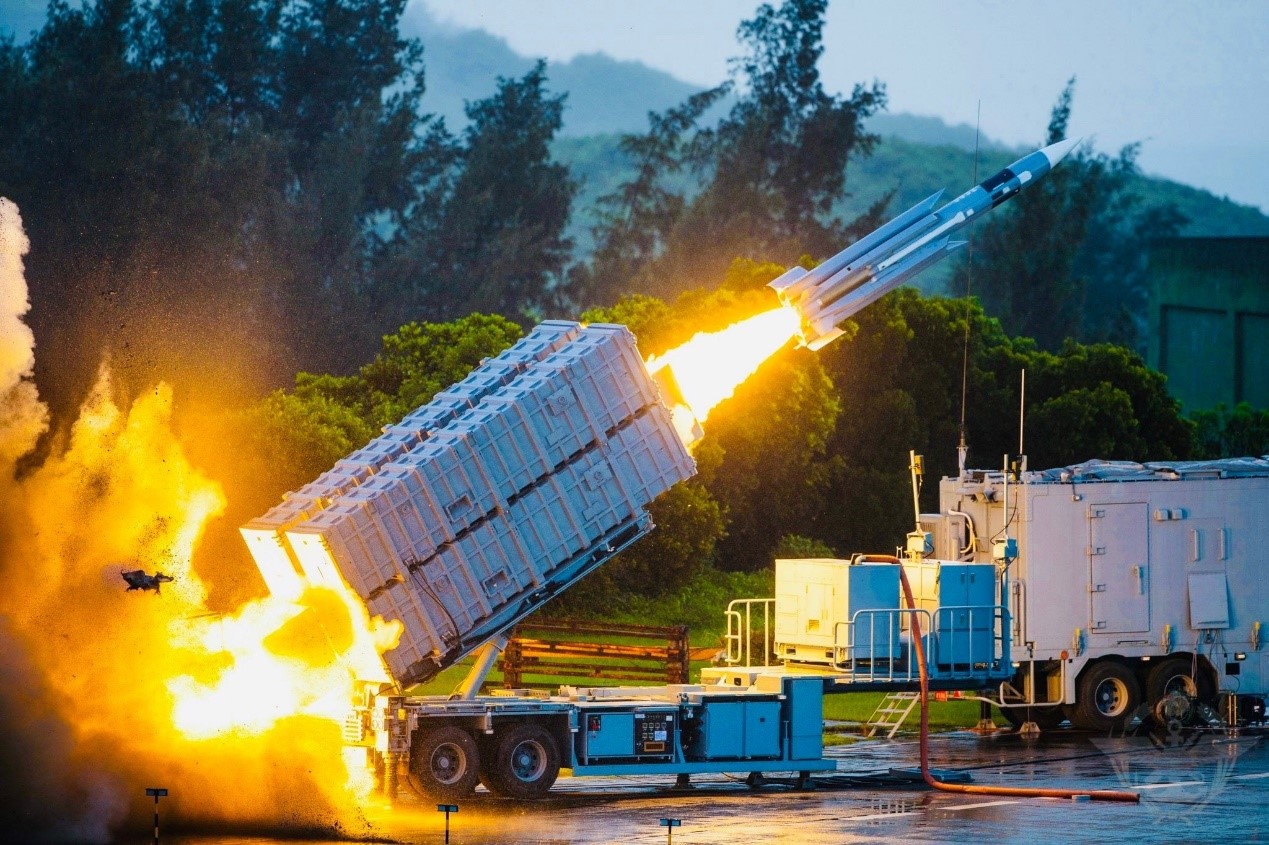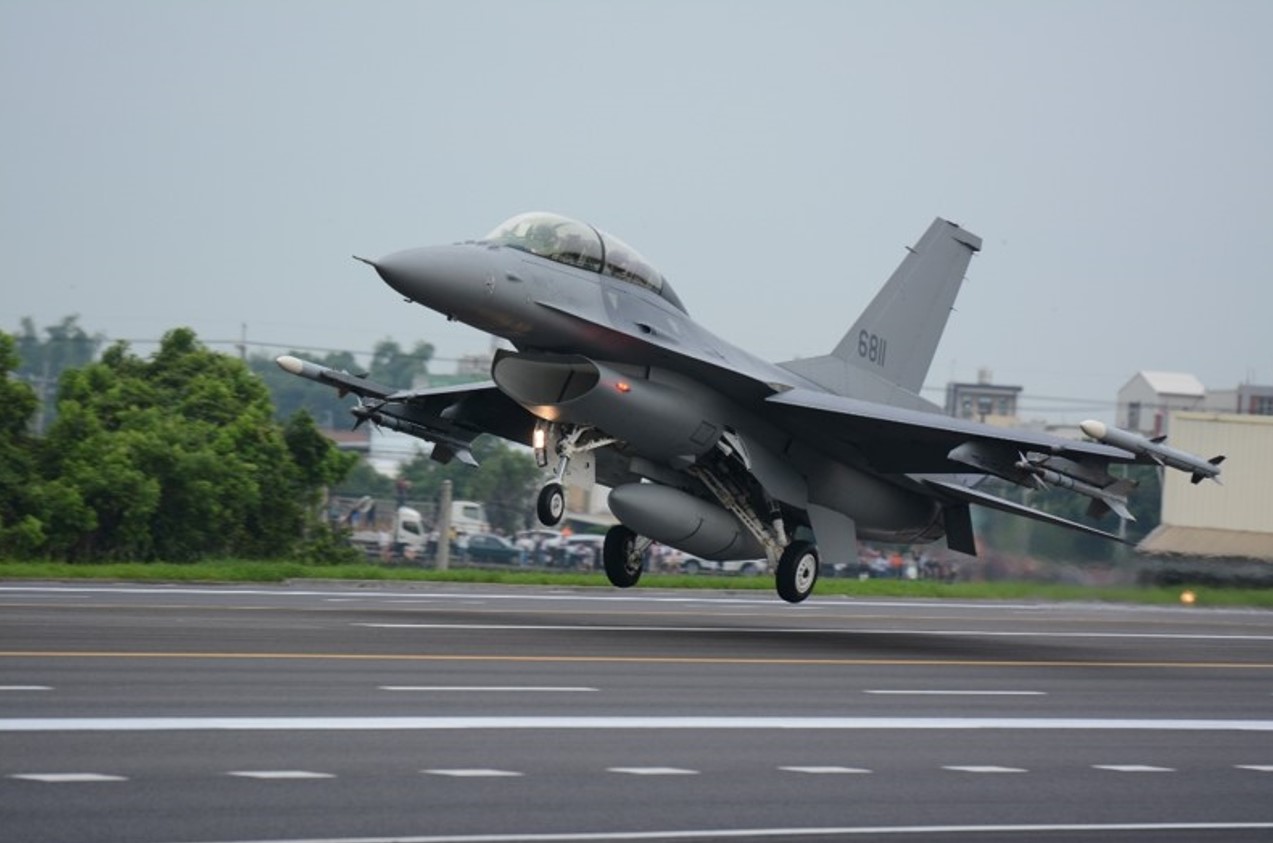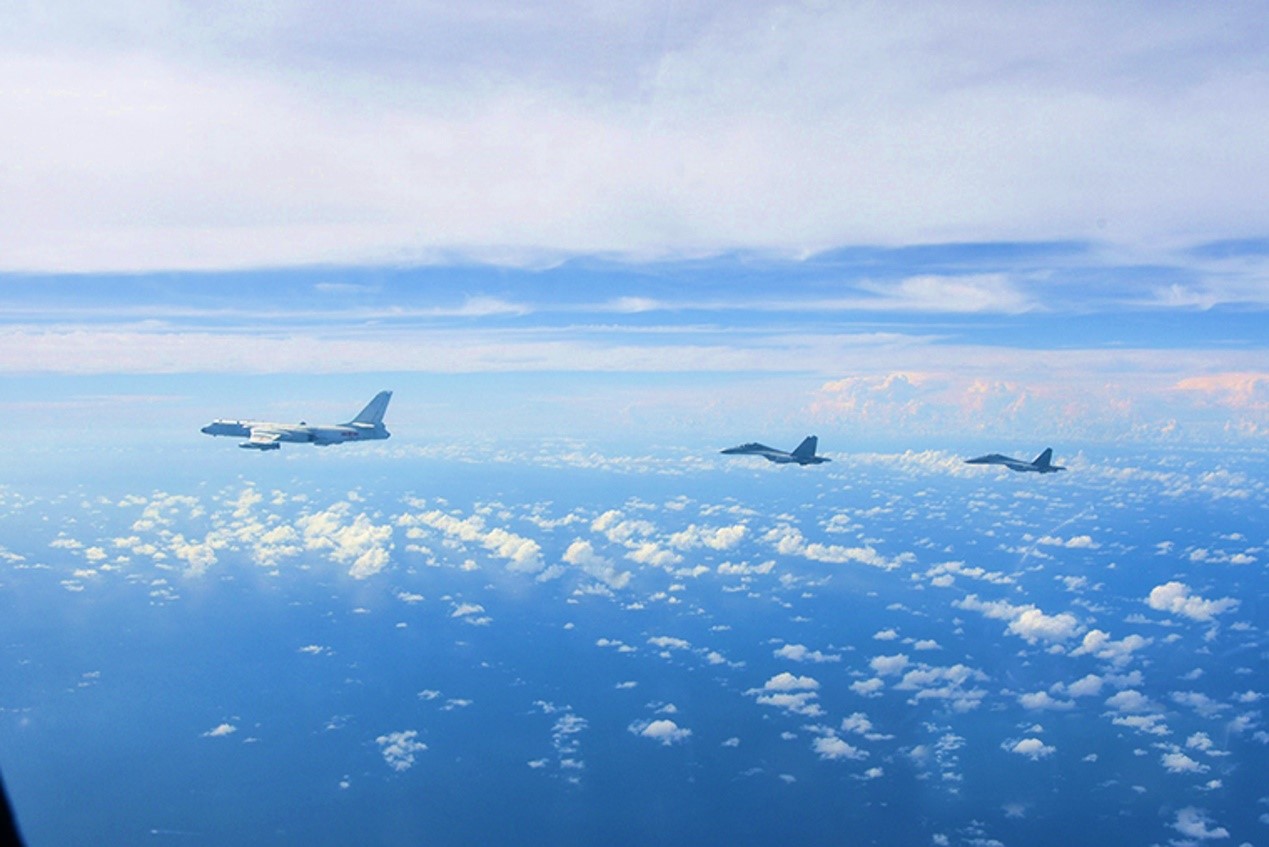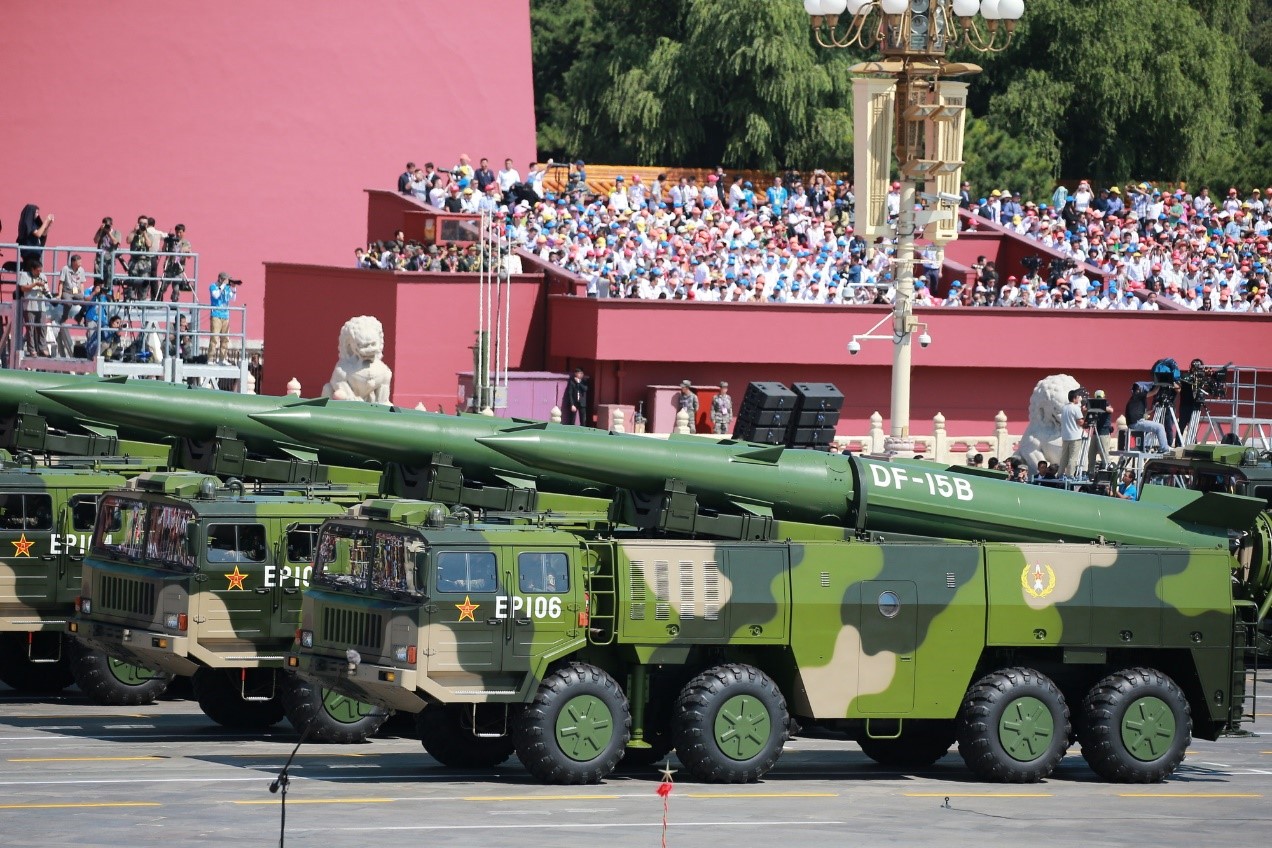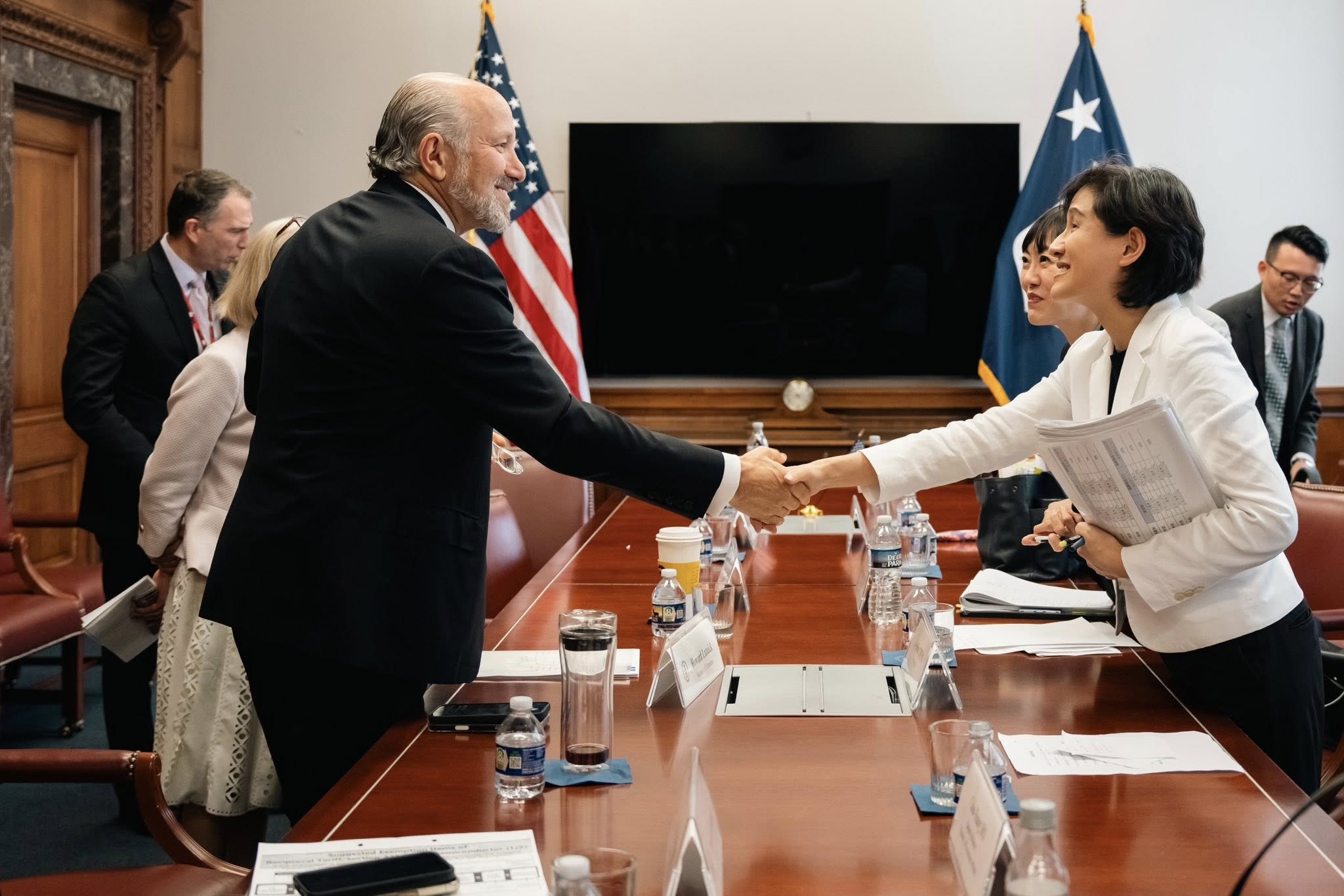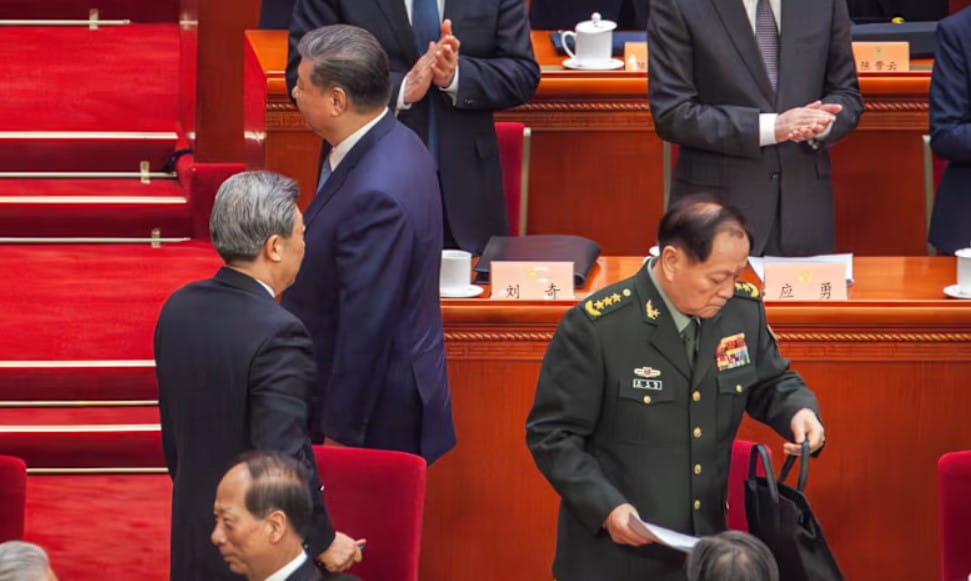The March 2024 session of the National People’s Congress confirmed the directions in which China’s paramount ruler Xi Jinping was already pushing the country, including a more aggressive global role, military expansion as the People’s Liberation Army approaches its 2027 centenary, increased economic and especially tech self-reliance. Picture source: 中國政府網, March 11, 2024, 《中國政府網》, https://www.gov.cn/yaowen/liebiao/202403/content_6938898.htm.
Prospects & Perspectives No. 20
Key Takeaways from the 2024 National People’s Congress
By Rowan Callick
The previously routine qualification that the People’s Republic of China (PRC) preferred such reunification to be “peaceful” was missing this year, although he did add that the PRC would “promote the peaceful development of cross-Strait relations.”
Unsurprisingly, there was no reference to Taiwan’s national elections held in January, of which a PRC Foreign Ministry spokesperson commented at the time: “The Taiwan question is China’s internal affair.”
These annual NPC sessions — almost invariably held in March, hoping to catch a touch of spring after another bitter Beijing winter — are sometimes wrongly cast as the supreme body of the PRC making core decisions for the coming year and beyond.
They’re not. They are subordinate to the various plenums of the Chinese Communist Party (CCP) that consider policy between the five-yearly national party congresses, and comprise the country’s core regular political platforms.
The NPC standing committee, which meets between the annual sessions, formally approves legal changes as required by the party — with national security initiatives a priority under Xi.
A greater role for the Party
The last party congress, held in October 2022, confirmed general secretary Xi’s dominance in appointments, in organization, and in the area that he finds most compelling personally, ideology, with Xi Jinping Thought on Socialism with Chinese Characteristics for a New Era now ubiquitous.
Since then, Xi and his immediate cohort have been driving, at plenums and elsewhere, the transfer of a plethora of responsibilities from state bodies to the party. For instance, universities are now — starting with such senior institutions as Tsinghua in Beijing and Jiaotong in Shanghai — seeing their administrations that were formerly led by vice chancellors or presidents, being incorporated within the academies’ rapidly swelling party bureaucracies.
The premier who worked under Xi for his first two five-year terms, Li Keqiang, emerged under the “old era” of PRC leaders, and was associated with the Tuanpai, or Youth League, which Xi effectively crushed as he has most of the party’s factions.
The new premier since March 2023, Li Qiang, is in contrast a personal appointment of Xi, and lacks a personal power-base. At this year’s NPC session, it was announced that the premier’s annual post-congress press conferences, which had for a generation comprised the core gesture of government accountability, if heavily stage-managed, were to be abandoned.
‘Cleaving mighty waves’
In his work report, still lengthy but not as compendious as most of his predecessors’, Li Qiang focused heavily on the economy. His main message was by now familiar: “Under the strong leadership of the CCP Central Committee with Comrade Xi at its core, the Chinese people have the courage, vision, and strength to meet any challenge and overcome any obstacle.” China would “surge ahead” and “cleave mighty waves” and so on. Li rather redundantly added that “all of us in governments at every level must acquire a deep understanding of the decisive significance” of Xi’s leadership, and that “we must keep enhancing our capacity for political judgment, thinking, and implementation and uphold Party leadership in every aspect.”
Internationally, Li lauded the push of “major-country diplomacy with Chinese characteristics” through which the boundaries of state action are being constantly expanded, especially in the Indo-Pacific region, alongside the activation of Xi’s Global Development Initiative, Global Security Initiative, and Global Civilization Initiative.
Foreign Minister Wang Yi said at his annual press conference during the NPC, while excoriating the U.S.’s economic sanctions as “reaching a bewildering level of unfathomable absurdity,” that “China and Russia have established a new model of great power relationship, completely different from the Cold War period.”
Li said in his work report that China would continue to work towards joining the Comprehensive and Progressive Agreement for Trans-Pacific Partnership, which Taiwan has also applied to join, causing the 11 member countries — with Britain set to become a member later this year — some nervousness.
Strong backing persisted at the NPC for Xi’s hallmark Belt and Road Initiative, though the channels of cooperation it has developed with the Global South are now being used less for infrastructure loans, and more for other less financially onerous tools for influence.
Fueling the military apparatus
The NPC approved a 7.2 percent rise in the official budget for the PLA — which also retains other more opaque sources of funding. The announced growth figures for the two previous years were 7.1 percent and 6.8 percent. The military budget has more than doubled over the last decade.
Unsurprisingly, the military strategy for this “new era” will continue to focus, said Li, on “Xi Jinping Thought on Strengthening the Military.” Xi is also chairman of the Central Military Commission (CMC). The PLA “will devote great energy to training under combat conditions,” Li said, with implementation of major defence projects being speeded up, and national defence mobilisation intensified along with Military-Civil Fusion, one of Xi’s key initiatives.
Most of the PLA’s budget will go to modernizing equipment — a goal that presents continuing challenges, with the CMC last July ordering a “clean up” of procurement processes, and with at least nine generals including four responsible for procurement having been sacked in the last year. The Rocket Force that was established under Xi’s direction has been especially rocked by senior dismissals.
Hong Kong and Taiwan
Even after the imposition on Hong Kong of the draconian mid-2020 National Security Law, reinforced by new 2024 legislation under Article 23 of the city’s constitution that have together effectively subjugated the city’s civil society including media and changed the tone of its legal system, Li claimed that “we will continue to fully, faithfully, and resolutely implement the policy of One Country, Two Systems,” while assuring the NPC delegates that the city would be “administered by patriots” — a term widely understood to mean party loyalists.
Li stopped short, on this occasion, of repeating that the “one country, two systems” formula also remained the cornerstone of Beijing’s offer to Taiwan — perhaps aware of the dismissively tiny residual support for it there.
He nevertheless stressed that the PRC would “stay committed to the one-China principle and the 1992 Consensus, and resolutely oppose separatist activities aimed at ‘Taiwan independence’ and external interference … By advancing integrated cross-Strait development, we will improve the wellbeing of Chinese people on both sides so that together, we can realize the glorious cause of national rejuvenation.”
The NPC session failed to appoint to all the usual exalted positions the new Defence Minister, Admiral Dong Jun, the replacement for Li Shangfu, who disappeared from public visibility last August, nor was any explanation offered for the disappearance of Foreign Minister Qin Gang two months earlier. Li Shangfu was in charge of procurement from 2017-2022.
The standing committee of the NPC controversially pledged in its annual report that anticipates its 2024 priorities that it would “develop a system of laws for extraterritorial application.”
As usual, Chinese coverage of the meeting elevated the views of 13 “Taiwanese” delegates who are actually PRC citizens, “elected,” according to the NPC website, following meetings of “compatriots with Taiwanese nationality” who live in China, including members of the PLA.
The 2024 NPC session, its setting subdued by China’s economic and demographic downturns, saw no radical departures by the leadership but confirmed the continued intensification by Xi and his loyal circle, of the party’s grip on every corner of the country, and its deep ambition to re-make the world — the Global South, and the nearby region including of course Taiwan - safe for the party and responsive to its needs and its discourse.
(Rowan Callick is an Australian journalist and author who has been a China Correspondent in Beijing and Hong Kong, and is vice chair of the Australia Taiwan Business Council.)

